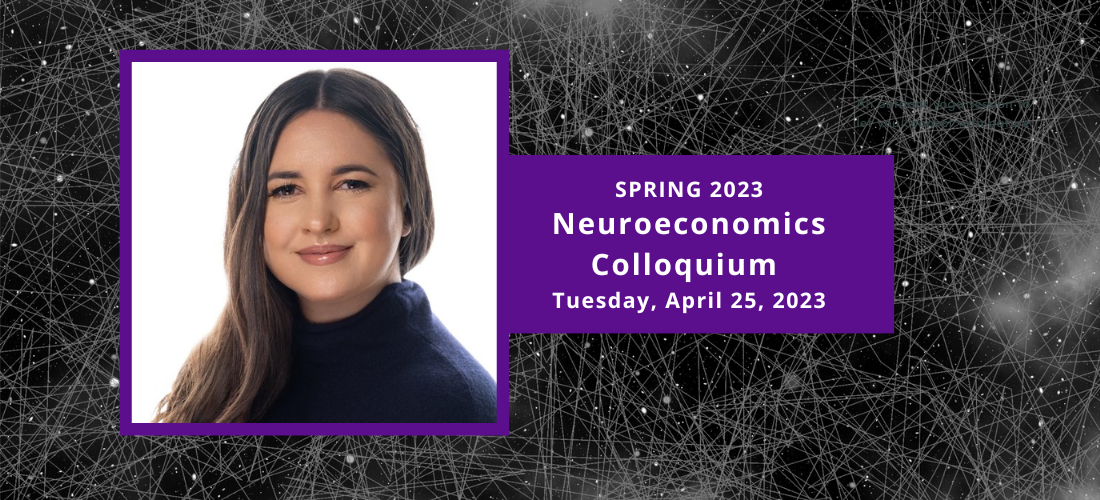
Patricia Lockwood, PhD (Birmingham)
Associate Professor
Centre for Human Brain Health and Institute for Mental Health
School of Psychology
“Prosocial motivation, learning and preferences: age-related changes and neural mechanisms”
19 W 4th St, Rm 517, New York, NY, 10003
or
Zoom Link: https://nyu.zoom.us/j/92087774202
Meeting ID: 920 8777 4202
Abstract
Many of our decisions affect other people. Our choices can decelerate climate change, stop the spread of infectious disease and directly help or harm others. Prosocial behaviours – decisions that help others – could contribute to reducing the impact of these challenges, yet their computational and neural mechanisms remain poorly understood.
I will present recent work that examines prosocial motivation, how willing we are to incur costs to help others, prosocial learning, how we learn from the outcomes of our choices when they affect other people, and prosocial preferences, our self-reports of willingness to help others. I will show that there are important differences in these processes as we grow older. Next, I will present studies probing the neural basis of prosocial motivation and prosocial learning using computational modelling and functional neuroimaging. This work shows that different aspects of prosocial motivation and learning can be distinguished by signals in brain areas that are domain general and domain specific for social processing. Finally, I will discuss recent work that has examined prosocial preferences and age on a global scale to show that differences in prosocial behaviour in older adults are similar around the world.
Speaker Bio
Dr. Patricia Lockwood is a Sir Henry Dale Fellow (Associate Professor) and Jacobs Foundation Research Fellow at the University of Birmingham, UK. Her lab investigates social learning and decision-making across the lifespan and in neurological and psychiatric disorders using a mixture of computational modelling, behavioural measures, self report, patient studies and neuroimaging. Dr. Lockwood draws on theories from animal learning and decision neuroscience to capture how, when, and why people learn and make choices that have consequences for themselves and other people. Her work has received multiple awards (S4SN Early Career Award, APS Award for Transformative Early Career Contributions). You can read more about the work in the lab here: www.sdn-lab.org.
